Patrick Ness’ book, ‘A Monster Calls’, is the story of thirteen year old Connor O’Malley. Having been abandoned for a new family in America by his father, it is clear from the beginning that Connor’s relationship with his mother is key to the story. Connor is plagued with nightmares and attacked daily by bullies, while his mother is battling cancer. With only each other to rely upon, the young teen is forced to mature quickly. Having observed silently from across the garden, an ancient yew tree monster that walks the earth in times of need visits Connor one night. The monster tells him three stories, with the catch that the boy will tell him a fourth in return.
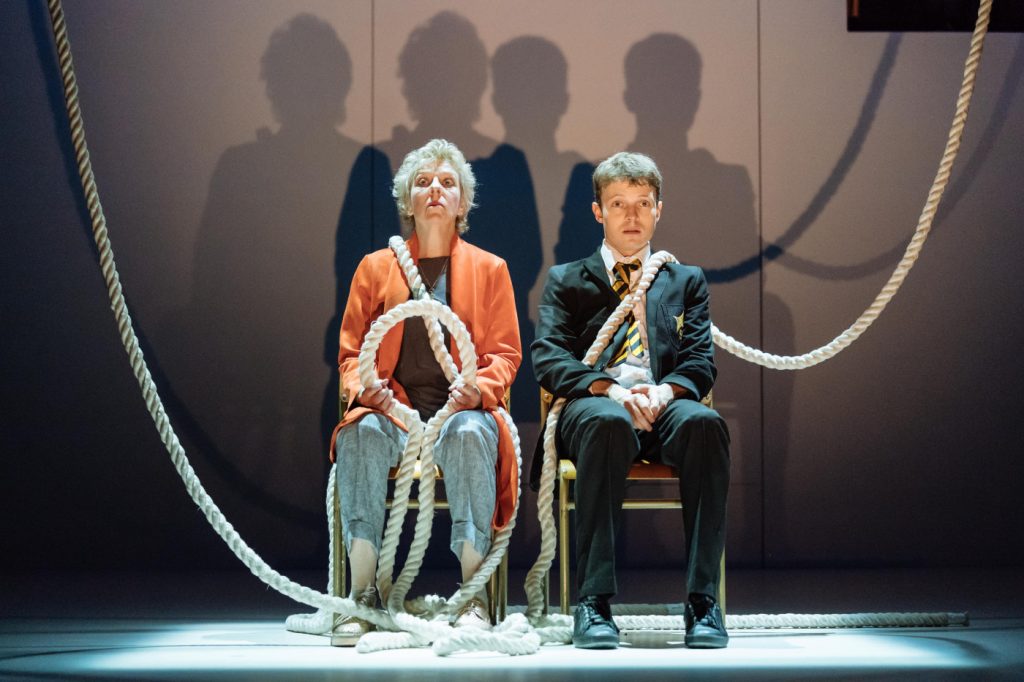
With permission : Bristol Old Vic
The book is part fantasy, part human drama. It is a striking piece, which although short packs a mighty punch. It contains wild images of an almighty monster, and fantastical nightmares, but what sticks with you the most are the human elements of each story. As the monster puts it, “Humans are complicated beasts.” It is not a story of good vs evil, nor is it the story of a young boy fighting a monster. It is a story of life, love, grief, loss and facing the inevitable truth.
Following the book came a film adaptation, which – although charming in parts and faithful to the story – lost the magic of the book in relying heavily on CGI. Now we are presented with the stage version, co-produced by the Old Vic theatres in London and Bristol. It captures everything that makes the book so magical, while creating a whole new beast of its own. It grabs hold of you and forces you into a whirlwind of emotion. The set is minimal, yet incredibly inventive, transforming an almost bare stage into a classroom, a hospital, a car, a living room, a garden, and many other worlds. All of this is thanks to the wonderful set design of Michael Vale, who created three distinguishable tales, the monster, and a yew tree using only rope and movement.
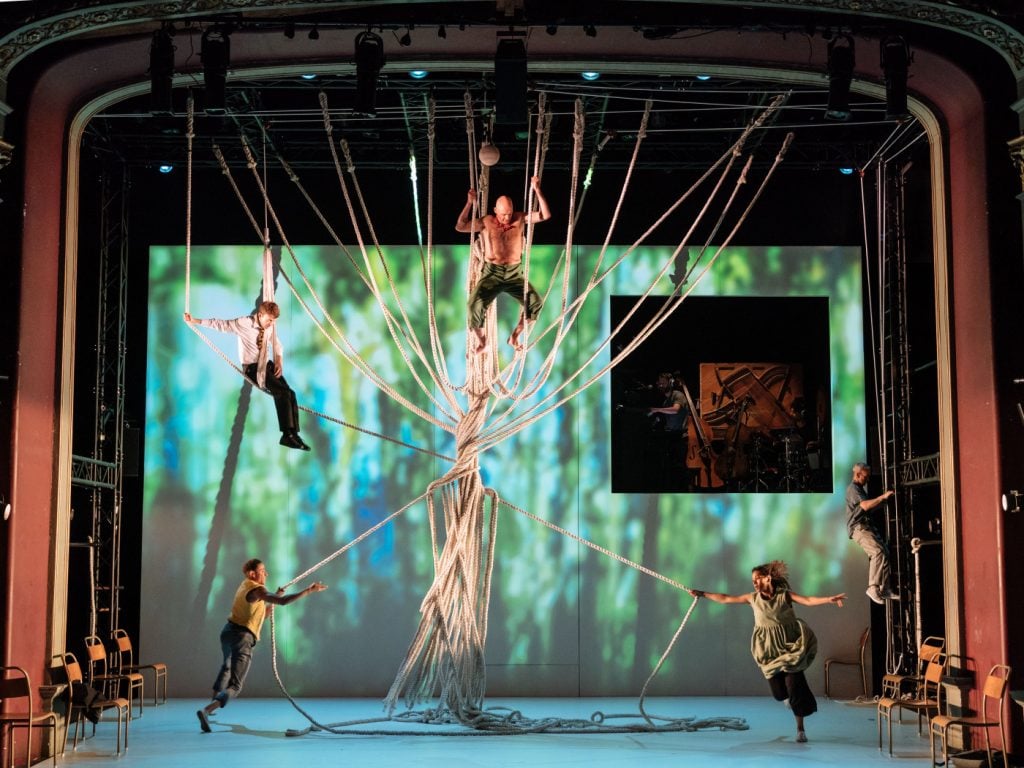
With permission : Bristol Old Vic
The score is played live throughout, adding another level of complexity to the performance. Located in a small box at the top right side of the stage and clearly visible, the musicians become part of the set. This is a bold choice, and it proves how the music is just as integral to the performance as the actors. Both the composer Benji Bower and musician Will Bower, do a fantastic job of getting the music across without diverting attention from the story.
The production successfully captured a new sense of magic within an existing story, which may be the result of their unorthodox creation of the show. Having all read the book before rehearsal, the company began without a script, blocking and outlining ideas together. For a play that has the idea of ‘story’ in its blood, it’s more than fitting that the play was created through the storytellers. This gives both the performance and performers a sense of freedom. Each performer successfully showed their range and skill, whilst also being able to disappear into the background when working as the ensemble.
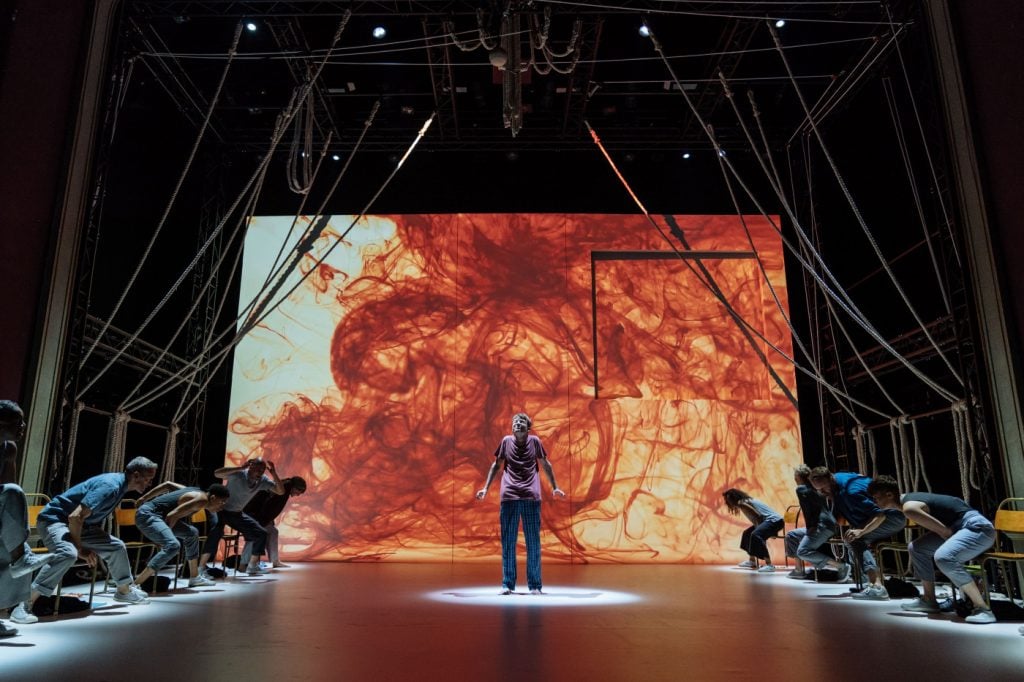
With permission : Bristol Old Vic
Matthew Tennyson plays Connor with childlike naivety, subtly choosing moments of silence to show his character. His mother is played by Marianne Oldham, who perfectly depicts both fear and hope despite her helpless situation. She has pain in her voice, but love and peace in her eyes. You can see how she’s preparing for the end whilst trying to protect her son. The monster is portrayed beautifully by Stuart Goodwin, who plays a role which could easily be overplayed with a mix of charm and fury, wit and menace. The performance is guttural; there’s no escaping the monster when he comes. Another standout is Selina Cadell, whose grandmother whirls with strength, poise, and anger. Like Oldham, Cadell perfectly delivers every hard hitting scene. In her, we see a mother trying to hold everything together whilst outliving her child, and yet the focus remains on Connor and his pain.
‘A Monster Calls’ manages to balance both fantasy and pain in a show that is flawlessly cathartic. It will send you through hoops, but you will be grateful.
Filed under: Theatre & Dance
Tagged with: A Monster Calls, Book Adaptation, bristol, Bristol Old Vic, theatre
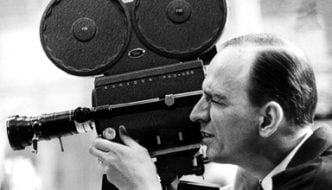

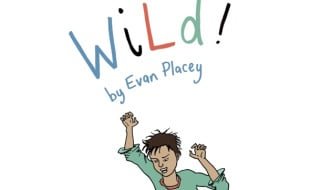
Comments